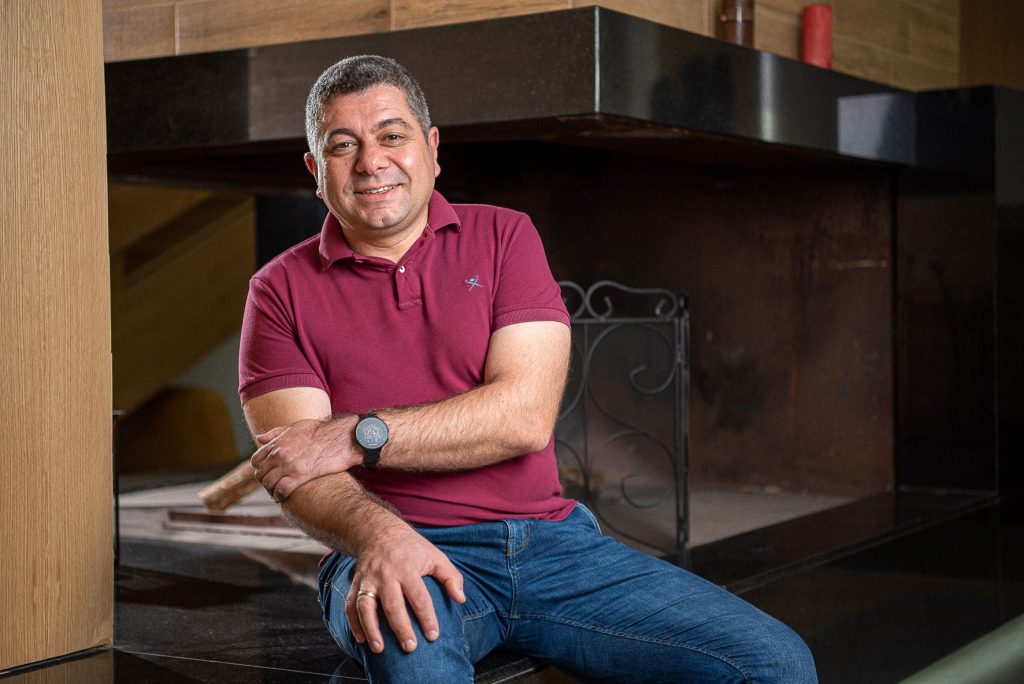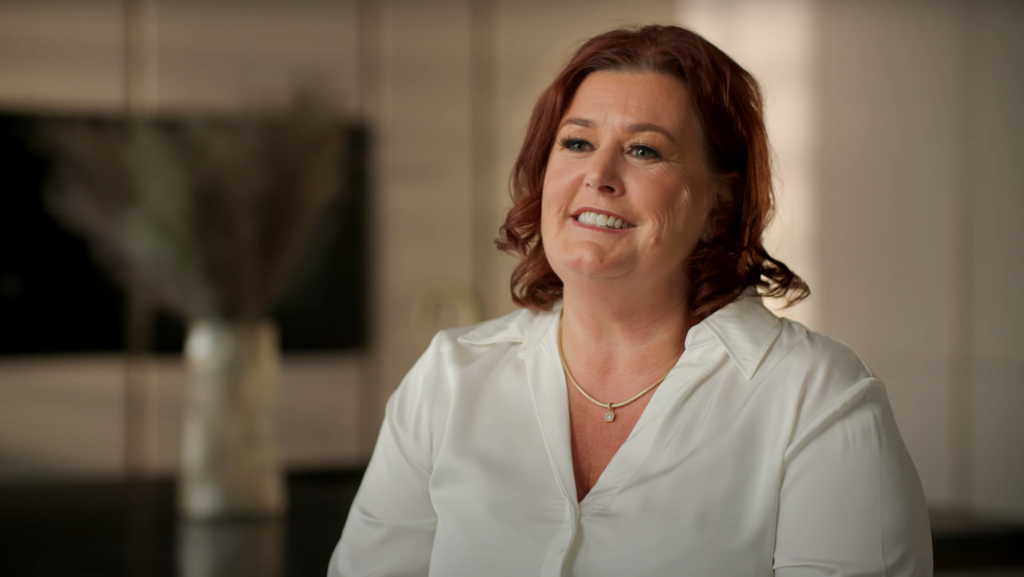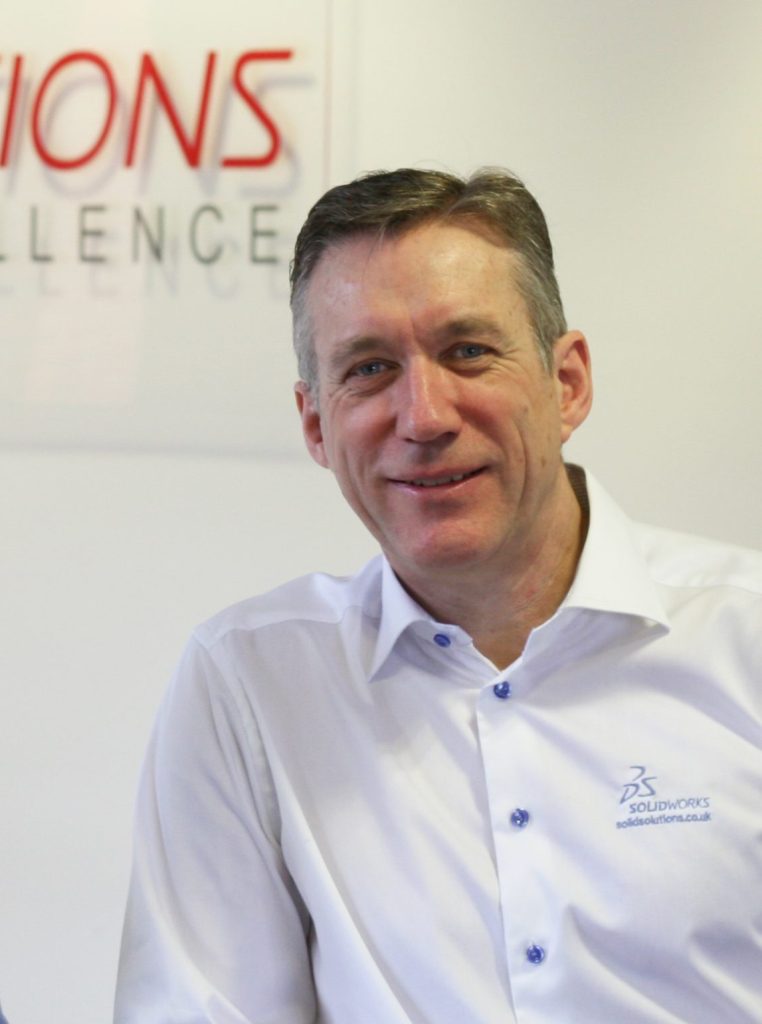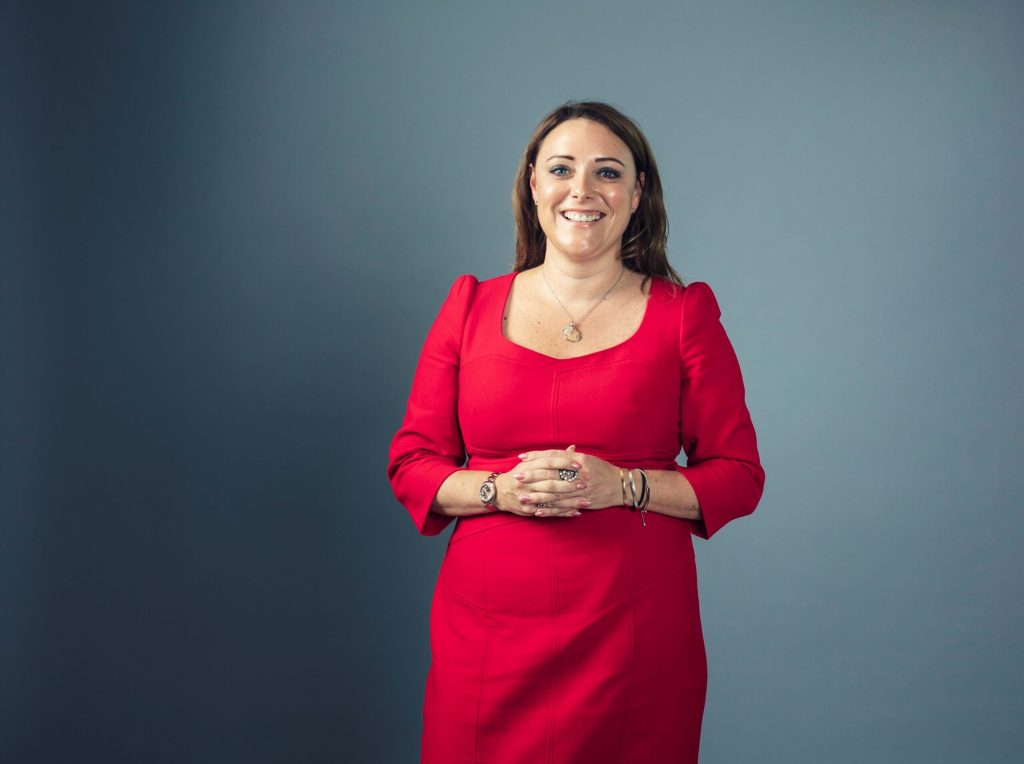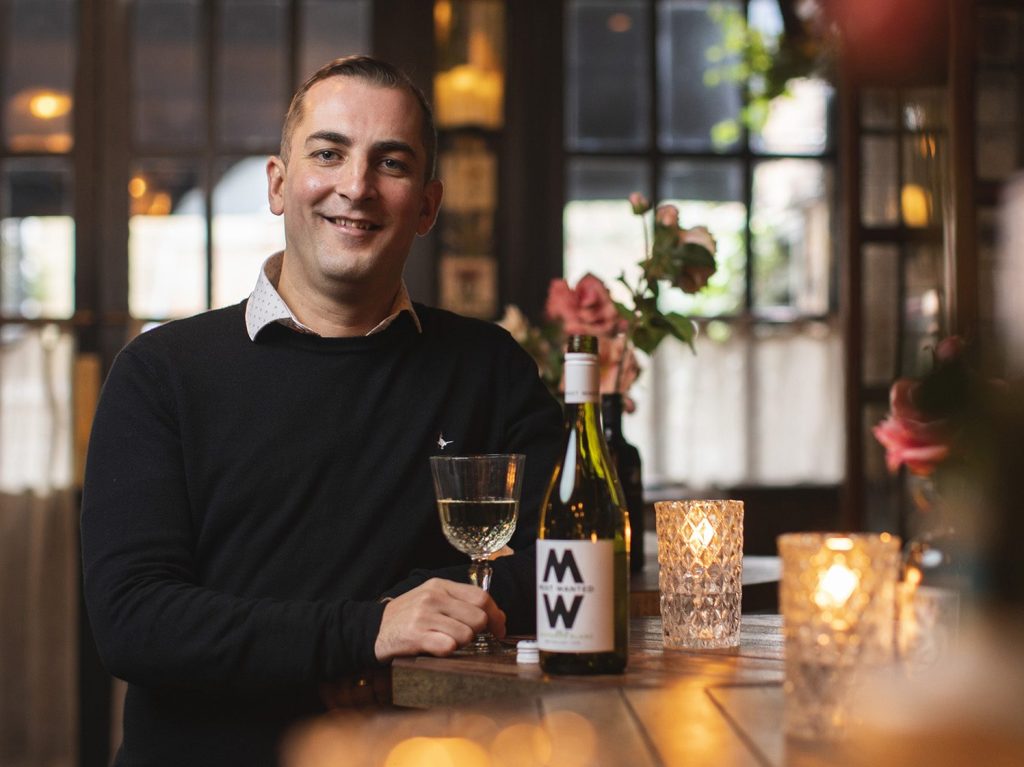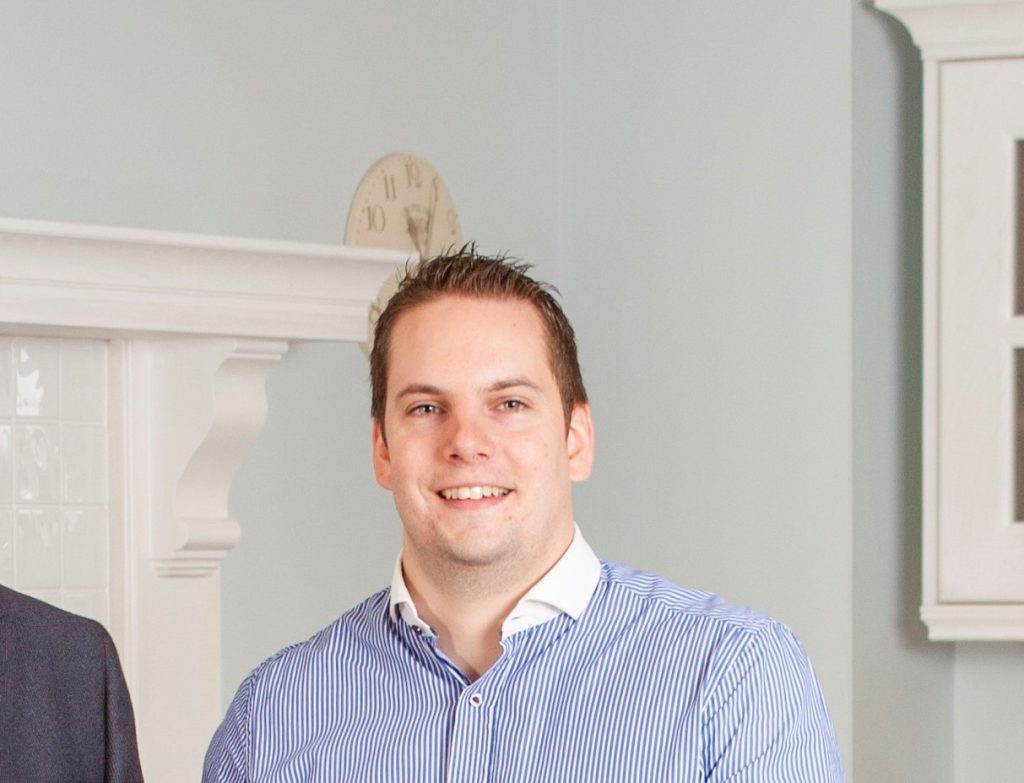In 2018, BGF invested £2.7 million to help expand Gaist’s ground-breaking ‘roadscape’ services. In 2021, we invested an additional £2.1 million into the Yorkshire-based digital mapping company, to grow its capacity to help meet demand from the UK and overseas. In this in-depth interview, we hear the story of Gaist’s founder, Steve Birdsall.
Steve Birdsall, Gaist: “To succeed, you have to go further than you’re prepared to”
As part of our Stories of Growth series, we hear from the founder of a Yorkshire-based digital mapping company.
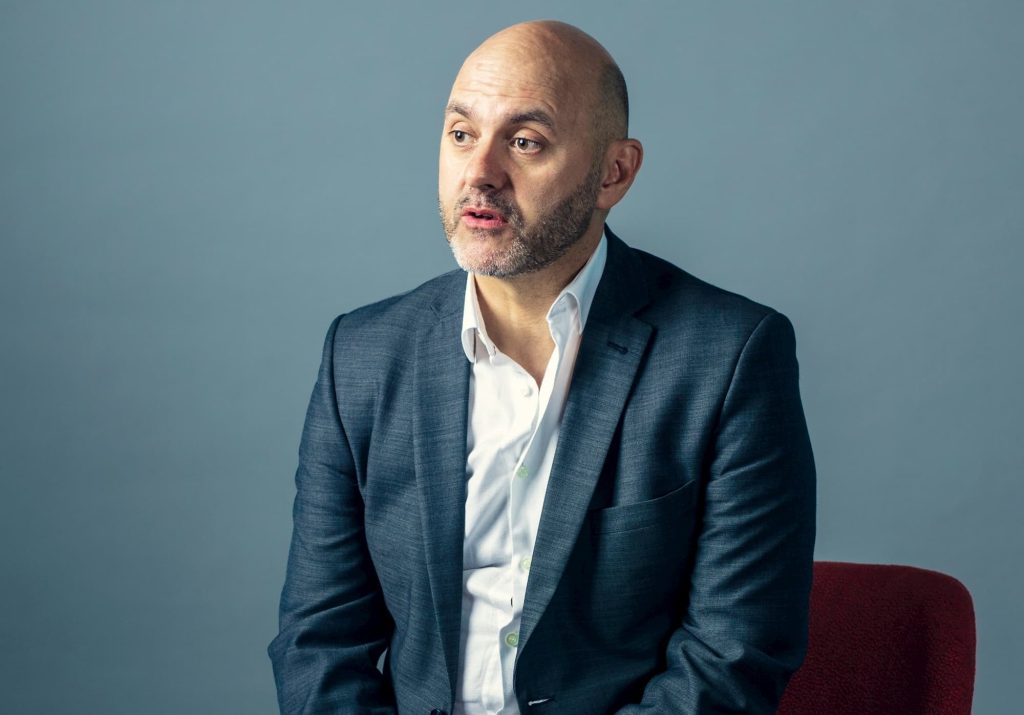
My father was a long-distance lorry driver during the sixties and seventies, and every opportunity I could I travelled with him all over Europe. With my father I learned about the wider world beyond the horizon, and from that time onwards I desperately wanted to travel.
When I was 16, I jumped at the chance to join the army. I was posted to Germany during the Cold War. It was an intense time to be a soldier, but I loved it. I embraced the adventurous side of the army and I became a rock climbing and canoeing instructor. I learned to fly gliders and became a keen sailor, sailing yachts for the army in the Mediterranean and around the UK. I learned jungle warfare in Central America, and I canoed across the wastes of Canada among many other adventures.
My role was that of a surveyor in the Royal Artillery, surveying and aligning gunnery systems in the field, and when I left the army after eight years, I used the skills that I had learned and became a trainee surveyor for an oil exploration company. I later followed my love for the sea and became a surveyor in offshore oil exploration industry for 10 years, working six months on and six months off. The conditions were harsh and often dangerous, and I sadly lost several friends in a tragic drowning incident.
After deciding to spend more time at home, I found a job with a technology company that had been commissioned to survey every track of railway in Britain following the Hatfield rail disaster. It was a huge undertaking, but once we completed it – using cameras attached to a specially equipped train – we realised we could use the same techniques to survey roads.
“There’s not a country in the world that doesn’t have a road”
After spending time as an operations director for a highways surveying company, I founded Gaist to collect and analyse imagery of highways from around the world. We extract information that is used by road operators for maintenance planning and other also for communication utility companies, and mapping companies. It’s a market that’s ever-growing, with more and more companies seeking information about what we call the ‘roadscape’.
There’s not a country in the world that doesn’t have a road. The problems we’re solving are global, and we have a rapidly growing client base globally.
Around the world 12 times
Our core business is supplying data to the local highways authorities with maintenance information. Maintaining roads – fixing potholes and so on – is a huge, ongoing task. In Lancashire alone, if you take all the roads and lay them end to end, you could drive to Tibet. We have enough roads in the whole of Britain to go around the world 12 times.
In the past, to survey roads to any level of detail, it involved walking the roads. My company Gaist has pioneered the use video techniques for collecting images of roads, utilising high-definition cameras on vans and cars. I have worked with this technology for years before Google Street View.
However, I soon realised this information had value for other organisations too. The way we live and trade and travel all depend on roads and railways, and this travel infrastructure is becoming smarter, needing more and more equipment to be installed and maintained.
Electric vehicles and chargers are an example of the need for a large amount of equipment to be deployed almost everywhere we can drive to. The kind of information that is needed for the rollout of electric vehicle charging equipment is complex to collect at scale. My company can do that at national level and with a level of detail no other companies can match.
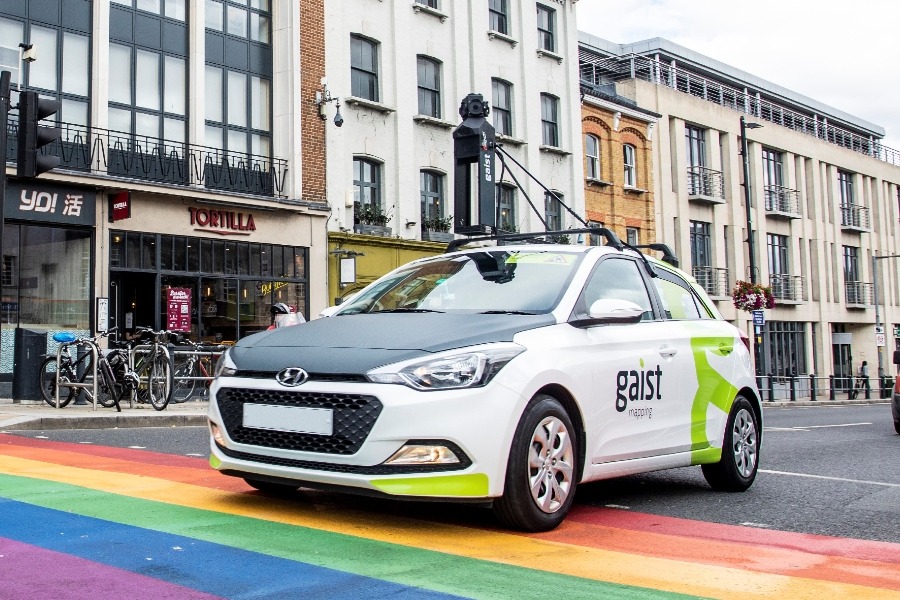
To the moon and back
Not all countries are the same. Roads in the UK have evolved over a long period, which means they are constantly being repaired or replaced on a rolling basis. British roads are mostly made of asphalt and can be patched or relayed easily.
However, the problem in Japan is quite different. A lot of roads, tunnels and bridges were built between the fifties and seventies out of concrete. Because of the lifespan of concrete and the way it fails, a lot of the Japanese infrastructure is now coming to the end of it’s useful life.
Construction companies have asked us to quantify the problem and give them an investment strategy so they can work with government to facilitate private investment to start the rebuild and replacement programmes that will soon be needed. It’s a potentially huge job. The Japanese can go to the moon and back five times with their road network.
It’s not only mature markets like Japan that can use our services. We can also serve countries like Uganda, which is evolving a road infrastructure.
BGF & Gaist
Businesses like ours get to a point where they need a ‘rich aunt’ so to speak. There’s only so much a company can achieve on cash flow alone. Our business was exciting enough to attract a few potential investors but we wanted to find an investor that didn’t want to pull too many levers in the day to day running of the company. BGF is about letting the founders and management teams run the business their way, and that is one of the fundamental reasons we chose them.
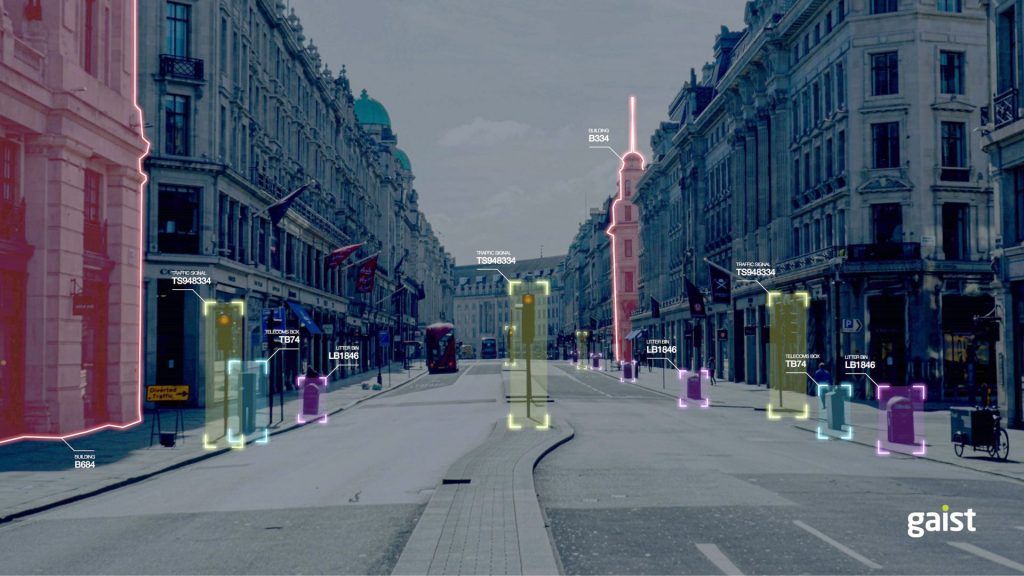
An inner confidence
Even though I was quite a bright child, I disengaged at school early on. I had a very poor relationship with school and left as soon as I could. The army changed everything for me and I soon found an institution that I could relate to and learned quickly, turning into what I guess was a model soldier. I was promoted at a young age, exposing me to lots of responsibility, which I relished.
It was in the army that I learned the secret of my own personal success: if you want to succeed you have to go outside what you are comfortable with, outside your ‘comfort zone’. The motivation to push myself is what drove me to canoe across Canada, jump off cliffs and sail over oceans.
Even though I’m a shy person, I learned an inner confidence, and that’s helped me cope with fear and risk. That and the importance of teams. There is no job on earth where you rely on your team more than when you’re a soldier – you have to trust the team with your life.
My compass was set in the army, and I could have happily stayed there, except I wanted to achieve something in the world outside the military. At first, I found an army career didn’t translate to the real world very well. I was about to go back into the army when I got a phone call: I’d been offered a job with a French oil company.
Later, I worked on ships, specialising in integrated navigation systems, working all over the world. Many of the skills I learned in the army helped me succeed in the marine industry and I quickly managed my own crews and eventually worked as part of a team overseeing ship building projects.
A bit extra in the tank
Thanks to the careers I have enjoyed in the army and in the offshore oil industry, I have a resilience and team spirit that can only be forged in the challenging situations these careers expose you to.
Running my own business has tested my resilience many times in many ways, and the team spirit that we have formed in the company has helped us all pull together and build what is an extraordinary business, with extraordinary people with great clients that love doing business with us.
Gaist is a truly scalable business globally. We are expeditionary as a business, exploring new territories all the time. I still haven’t lost my appetite for travel, even though it’s more than 50 years since I first sat next to my father in his truck.
